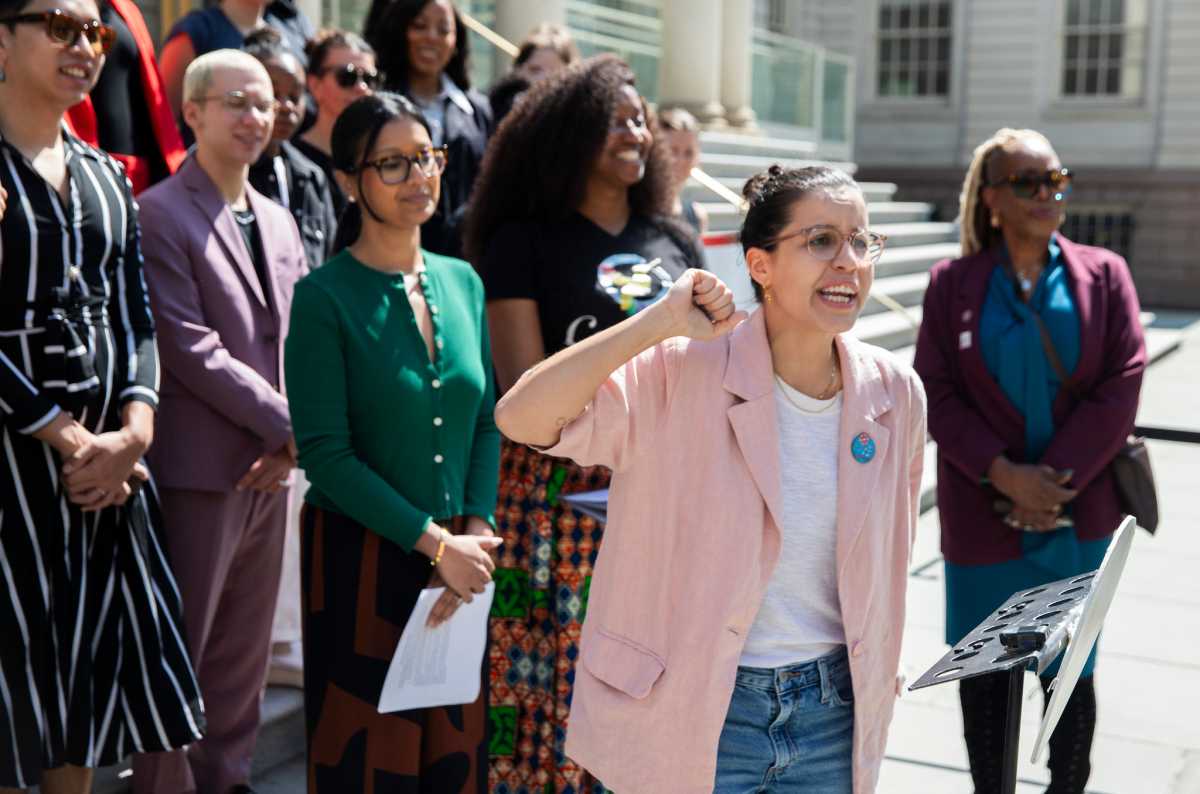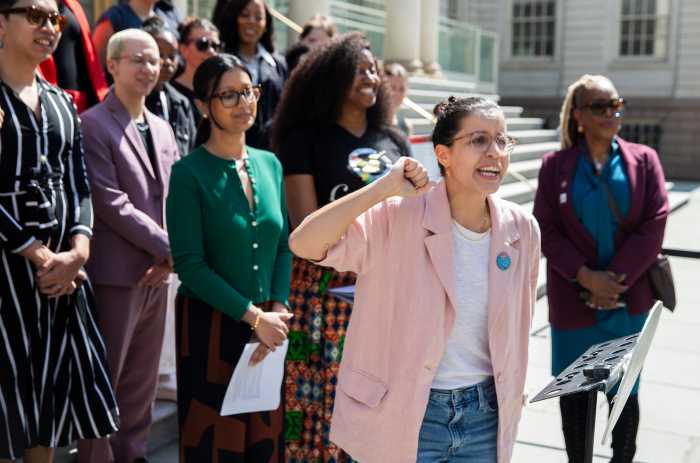It may be that what Bernie Sanders has in mind, strategy-wise, heading to the Democratic convention turns out to be a pullback from the “messy” experience he had promised. One would certainly hope so. His refusal, even after the run of primaries was over, to acknowledge Hillary Clinton as the clear winner and pledge his support to the party’s standard bearer may get a rise out of rabid Sanders supporters wishing and hoping for some miraculous turn of events. But in this year of the Republicans having knowingly and recklessly committed to taking the electorate through the muck with their Donald Trump candidacy, it absolutely is no time for these Sanders antics. And he stands an excellent chance of precipitating a game-changing slide in public perception — from a high positive for his contribution to the Democratic nomination process, to a self-serving sour grapes posture that diminishes him immeasurably.
Sanders cannot have it both ways. He cannot in one breath sound off about doing all he can to ensure Trump’s defeat and signal, in the next, that he has a problem accepting the indisputable nominee choice of Democratic voters. Indicating, as he did in his online remarks to supporters the other day, that he was looking forward to working with Clinton “to change the Democratic party” is simply not good enough, at this stage of the process. And a damned sight presumptuous too, for a late arriving addition to the Democratic fold.
It’s not unreasonable to conjecture that this rush of what appears to be arrogance on Sanders’ part is primarily a function of the response his campaign was able to generate, rather significantly among a younger voter demographic. It was all good that Sanders could tap into something that so readily resonated with a younger voting sector. At the same time, while there was nothing to fault in his overall spiel about economic justice and addressing all areas of social imbalance affecting the underclass, it was our feeling that parts of his proposed agenda, like free tuition at public colleges and a reconfigured Wall Street model (as different from Wall Street being made to play by the rules) stretched political pragmatism and were only in essence a prescription for continued Washington gridlock. But Sanders’ interpretation of where his campaign landed him — some lofty space that allows him to trample over established Democratic party procedure — is a fanciful leap. He apparently needs to get a better grip on the nuts and bolts of switching party affiliation and seeking the nomination as a Democrat.
It must require hubris in copious supply in him for Sanders to be demanding party changes like ending the selection of super delegates or insisting on the removal of Debbie Wasserman Schulz as Democratic National Committee chair…unless there’s notable demand for such changes from within the party core. The idea that those heavy-duty demands could emanate from so recent a Democratic convert is a bit difficult to fathom. It begs the conclusion that Sanders seems clueless as to any distinction between earning and not having earned the Democratic nomination. But there’s been speculation, too, of Sanders merely doing the bidding of others calling the shots in his camp. Among whom, so goes the scuttlebutt, is Sanders’ wife – “a pretty good Lady Macbeth,” someone reportedly said.
Notwithstanding those idyllic scenarios Sanders partisans are inclined to paint about the merits of his battling to the bitter end in his nomination quest, hard facts about his bid to be the nominee stand firm. Most compelling of all perhaps being that Sanders was well aware when he entered the fray, of what the Democratic Party ground rules were. He knows full well that attempting to make an issue about super delegates committed to Clinton, for example, was disingenuous. Beyond which, Clinton rolled up a larger tally of primary votes and when he looked to make the the California primary a sort of acid test of their respective strengths, she defeated him there.
In sum, there’s precious little merit in Sanders and his crew’s continued hard-ball stance. In this particular election duel, more than any other the country has had perhaps within recall of most of those about to witness it, Sanders is likely to see his stocks plummet if he doesn’t, in short order, do the right thing.























